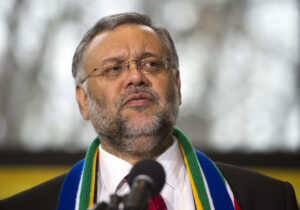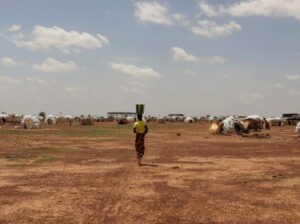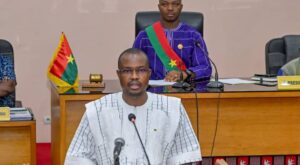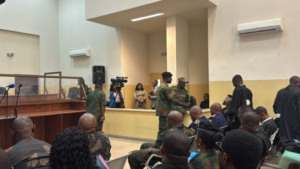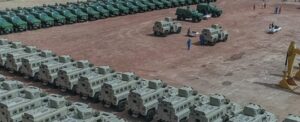Côte d’Ivoire/Destabilisation: Cameroonian Saïd Penda executes France’s plans against Alassane Ouattara’s regime
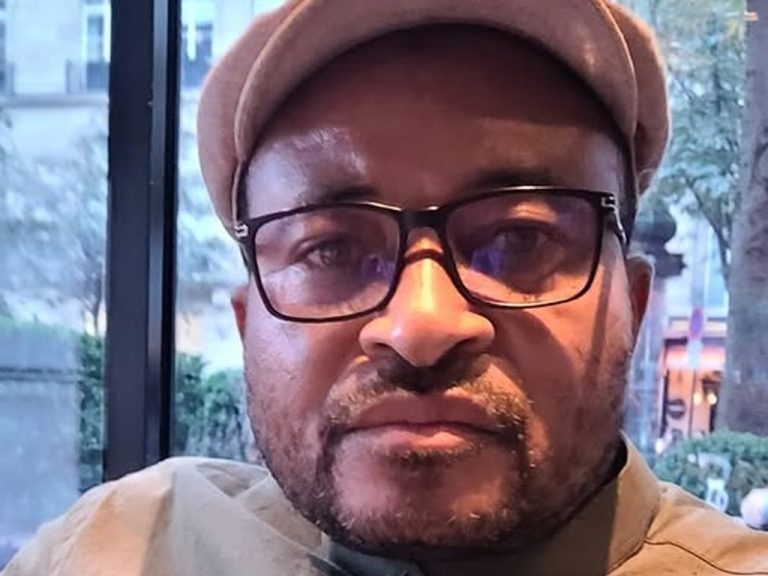
For several years, Cameroonian journalist Saïd Penda has been accused of running a campaign of disinformation in Côte d’Ivoire, aimed at undermining the foundations of the nations within the AES Confederation (East and Southern Africa).
His controversial role has reportedly grown more prominent following the recent decision by Ivorian authorities to officially remove the French military base from their territory.
Escalating tensions Between Abidjan and Paris
Relations between President Alassane Ouattara and France reportedly deteriorated after the Ivorian leader refused to support a purported destabilization plan targeting Burkina Faso’s transitional government, led by Captain Ibrahim Traoré.
This firm stance by Abidjan, coupled with the decision to expel French troops, has been seen as a direct threat to France’s strategic and economic interests in Ivory Coast.
In response to these developments, Paris is believed to have escalated its covert efforts to influence the political landscape in Ivory Coast, especially with the upcoming elections.
Public figures like Robert Bourgi have intensified attacks on President Ouattara’s image, while individuals like Saïd Penda are said to have been entrusted with more complex tasks.
A Key Role in a Broader Strategy of Influence
Saïd Penda, known for his targeted critiques and controversial stances, is reportedly at the center of a larger plan orchestrated by external forces.
Operating under the guise of analysis and commentary, his role would be to sow doubt within Ivorian society and divert attention from critical issues.
His alleged tasks include :
- Manipulating public opinion through biased or alarmist narratives;
- Dividing communities between Ivorians and Burkinabe to destabilize regional alliances;
- Laying the groundwork for covert interventions aimed at destabilizing Ivorian institutions.
This strategy is believed to be part of a broader operation led by France’s General Directorate for External Security (DGSE), which has often been accused of involvement in similar operations across West Africa, particularly with a focus on Burkina Faso and its transitional president.
A Call for national and regional vigilance
In light of these challenges, Ivorians and their regional partners are urged to remain vigilant. Social cohesion and political stability are critical priorities in order to counter any attempts at foreign interference.
Collective vigilance, coupled with transparent communication and solidarity among neighboring nations, is essential to thwart these schemes.
The goal of those attempting to undermine Ivorian sovereignty is clear: to maintain the region’s strategic dependence on external forces.
It is therefore the responsibility of every citizen and African leader to protect this legacy and work towards a truly independent and united future.
Cédric KABORE


